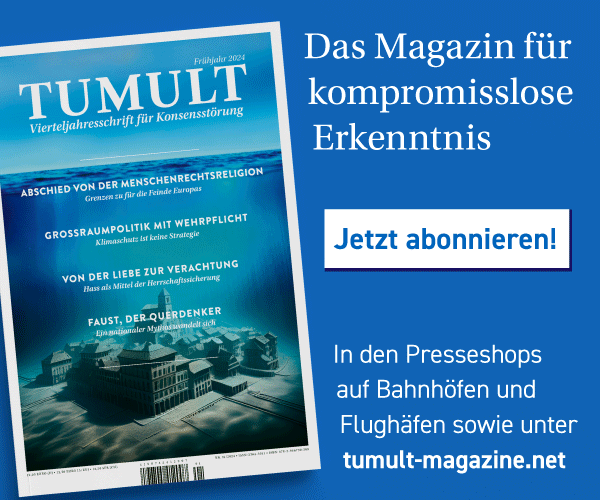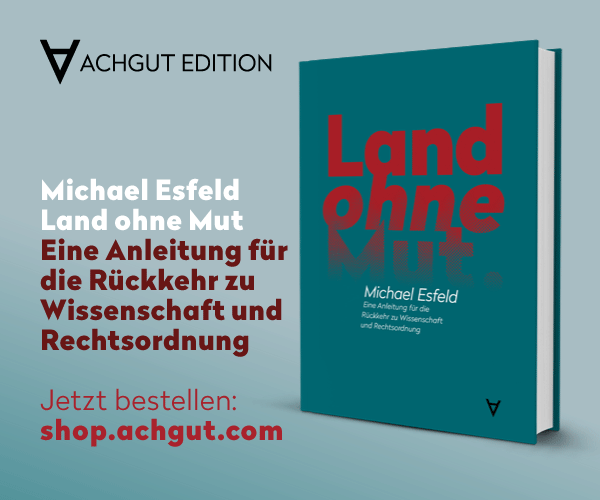Diesen Satz sowie folgenden kleinen Text fand ich in einem aktuellen Lehrbuch fuer Englisch. Da es so rar ist, in - besonders Sprach- und Lehrbuechern- auch mal gedanklich lehrreiches zu finden (und nicht nur Texte ueber Nelson Mandela oder die Unterdrueckung der australischen Aborigines), hier ein aussergewöhnliches Beisspiel aus:“Cambridge Certificate of Proficiency in English 5”, Cambridge University Press:
“You do not protect wildlife by granting privileges to your favourites (favourite animals), but by seeing those favourites for what they are - an integral part of the natural food chain, equally crucial to its maintenance as any other.”
“For a million years people were hunters; for ten thousand years they were farmers; for the last one hundred years people in the west have been trying to deny all that, at least in terms of their relationship with animals. To an ever more urban population in the western world, animals are things, like the antiseptic plastic-wrapped packages of featherless chicken wings sold on a Styrofoam tray; or they are people, like the tea-drinking chimpanzees in a tv commercial. The true character of animals and their meaning in the world, once common knowledge to the humans whose lives intertwined with theirs, is today lost in a miasma of human fantasies.
If the Industrial Revolution made animals into mere objects to be used as humans saw fit, the nature-worshipping counter-revolution that followed made them into objects of adoration to be revered. Wolves, the favourite villains of traditional fairy tales, are now ecological heroes, majestic symbols of the wild and freedom. Our favourite animal, as revealed in a survey of visitors to a well-known zoo, is the giant panda, typically described by zoo-goers as “cute, cuddly and adorable”. It’s actually solitary, ill-tempered, and aggressive, but never mind. Genuine understanding, which used to come from actual experience of the natural world, and which today could come from scientific studies of behaviour and ecology, is no match for such human preconceptions in a world where nature is viewed either as a factory or a theme park.”









